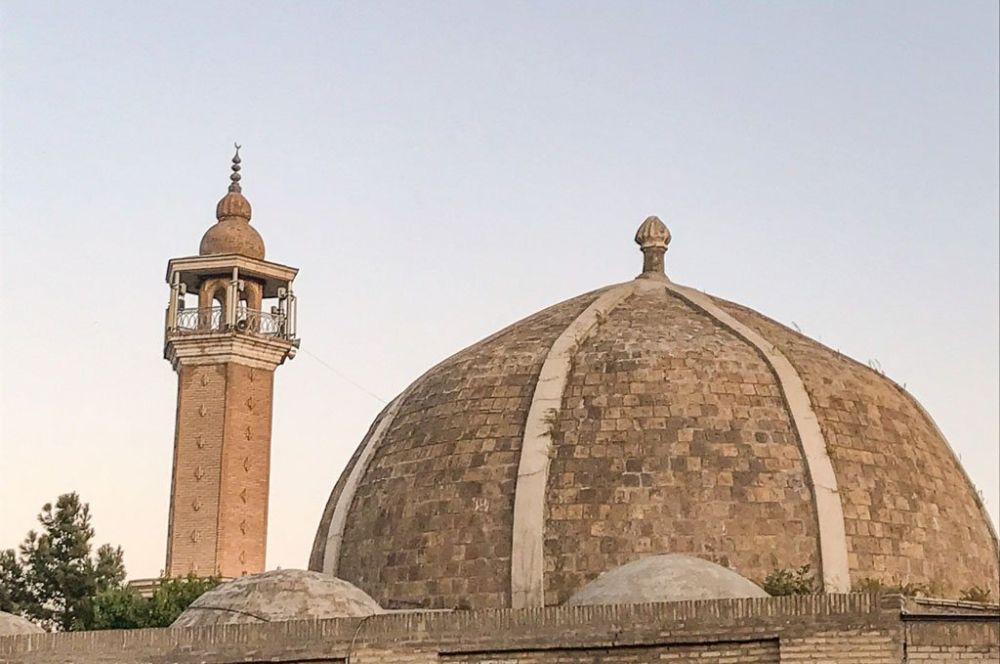

The Olim Dodkho Mosque is a revered historical site located in the ancient city of Panjakent, in Tajikistan. The city of Panjakent, known as the "City of Five Villages," traces its roots back to the 5th century AD as a thriving trade center on the Silk Road. Although the exact date of the construction of the Olim Dodkho Mosque is not well documented, it stands as an important Islamic structure within the region.
Tourism in Panjakent, along with the Olim Dodkho Mosque, began to develop more robustly during the Soviet era when historical and cultural tourism was promoted. Despite the restrictions during this period, the unique heritage of Panjakent attracted academics and those interested in Silk Road history. After Tajikistan gained independence in 1991, there was a gradual development in infrastructure that aimed to boost the tourism sector, including the restoration of historical sites like the Olim Dodkho Mosque.
In recent years, Tajikistan has seen an increasing interest in adventure tourism and eco-tourism, with Panjakent serving as a gateway to the stunning Fann Mountains. Yet, cultural tourism remains a significant attraction, with the mosque being a point of interest for those looking to delve into the region's Islamic architecture and history.
The latest tourism trends involve incorporating local experiences, such as homestays and cultural interactions, allowing tourists to immerse themselves in the daily lives and traditions of the Tajik people. The government of Tajikistan has been creating more favorable conditions for tourists through simplified visa processes and infrastructure development. Efforts are being made to preserve the Olim Dodkho Mosque along with other historical sites in Panjakent to ensure they remain attractions for both educational purposes and cultural enrichment.
For tourists looking to visit Olim Dodkho Mosque today, there is a growing interest in the site’s historical and religious importance. Travelers are encouraged to explore this remarkable mosque, which not only is an architectural wonder but also provides a window into the Islamic heritage of Tajikistan. Visitors should respect the mosque's religious significance and adhere to appropriate dress codes and conduct when visiting.